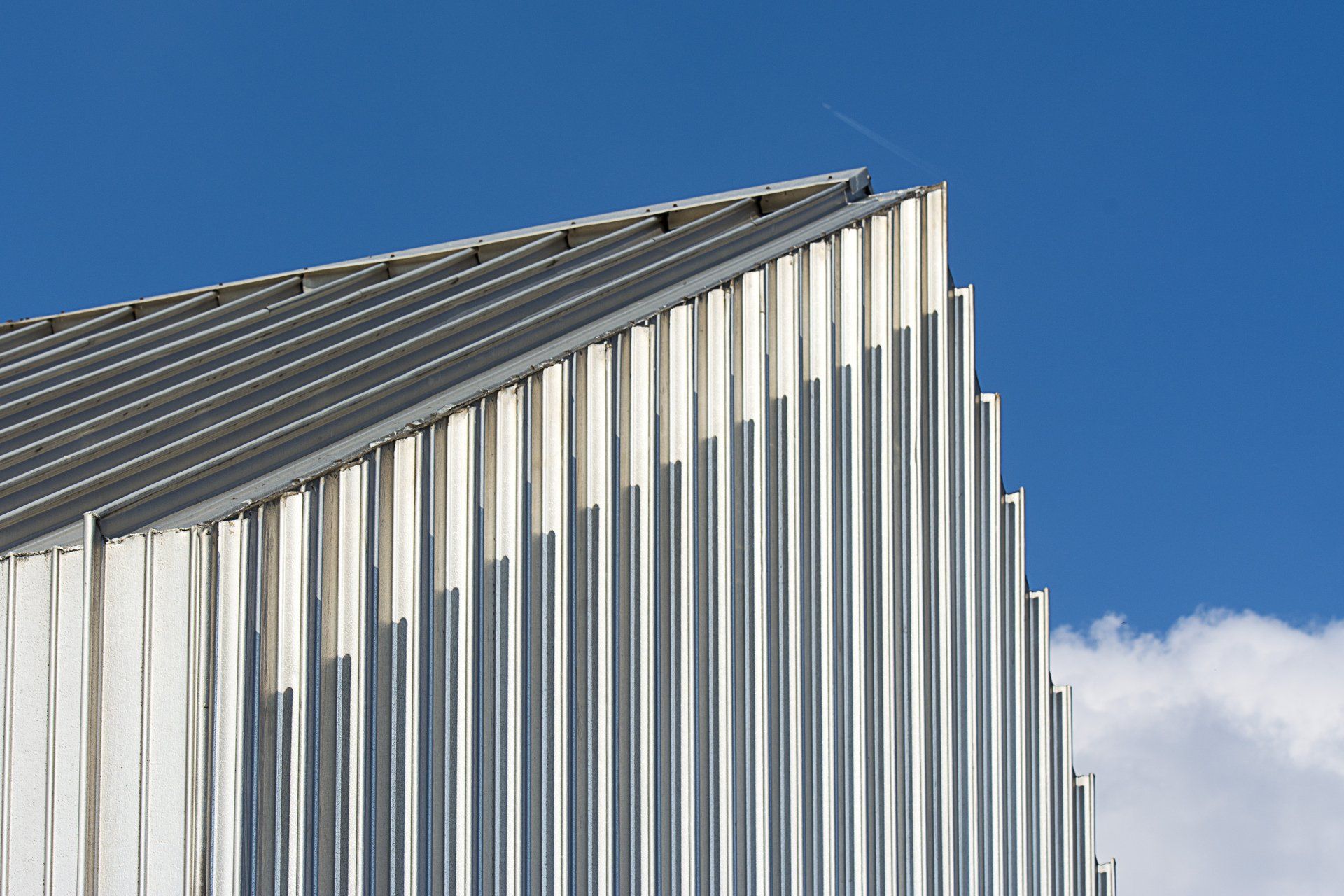Investing in a metal roof is a big investment, and understanding your warranty is essential for ensuring you are protected if of issues. In this article, we’ll explain what homeowners need to know about metal roof warranties, the types available, and how to maintain coverage.
Importance
When you invest in a metal roof, you're more than paying for the material itself, but also for the security that comes with knowing your roof is covered. A roofing warranty provides that security, protecting against defects in materials and workmanship.
What makes a warranty important? Without a proper warranty, you could be responsible for costly repairs if something goes wrong. A good warranty ensures that you’re protected from these costs, giving you assurance in your roofing investment.
Types of Warranties Available
Metal roof warranties differ depending on the manufacturer and the type of material. Here are the main types you can expect:
- Manufacturer’s Warranty: This covers defects in materials, such as corrosion or color fading, and typically lasts between 20 to 50 years, depending on the manufacturer and the quality of the material.
- Workmanship Warranty: This covers issues caused by the roofing installation process. It’s typically provided by the contractor who installs the roof and can range from a few years to a lifetime warranty.
- System Warranty: A system warranty covers both the materials and the installation. This provides the most comprehensive coverage, as it protects you against both material defects and installation mistakes.
It’s important to thoroughly understand which type of warranty you have, as they cover different aspects of your roof’s performance and longevity.
What Does a Metal Roof Warranty Cover
Metal roofing warranties differ by manufacturer, but most cover the following:
- Material Defects: If there’s a defect in the material that affects the roof’s performance (e.g., corrosion, cracking, or premature fading), it will be covered.
- Manufacturing Faults: If the materials were incorrectly manufactured and cause damage to the roof, the warranty will typically cover repairs or replacement.
- Performance Failures: If your roof does not perform as expected (for instance, it fails to prevent leaks), this may be covered by the warranty depending on the terms.
However, it’s critical to read the fine print, as different manufacturers may have specific terms and exclusions.
What Can Void Your Metal Roof Warranty
While a metal roof warranty can offer significant protection, there are certain factors that can invalidate or limit your coverage. To ensure your warranty remains valid, avoid the following:
- Improper Installation: If the roof isn’t installed according to the manufacturer’s guidelines, the warranty may be voided. Always hire a reputable and qualified contractor for installation.
- Neglecting Maintenance: Failure to maintain the roof can lead to issues that aren’t covered by the warranty, such as rust or damage from debris accumulation.
- Unauthorized Repairs or Alterations: Making changes to the roof without approval from the manufacturer or installer can void your warranty.
- Damage from Severe Weather: Many warranties won’t cover damage caused by extreme weather events, such as hurricanes or tornadoes, unless you have specific storm damage coverage.
To ensure your warranty stays in place, it’s essential to follow all care instructions and keep up with required maintenance.
How to Maintain Your Metal Roof Warranty
To keep your metal roof warranty intact and avoid unnecessary repairs or replacements, follow these simple maintenance tips:
- Regular Inspections: Check your roof at least twice a year for any signs of damage or wear. Pay special attention to areas around seams and fasteners, as these can be prone to leaks.
- Cleaning: Keep your roof clear of debris, such as leaves, twigs, and dirt, which can cause corrosion and block proper drainage.
- Prevent Rust: Inspect for signs of rust or corrosion, and treat affected areas promptly with protective coatings or rust inhibitors.
- Keep Gutters Clean: Ensure gutters and downspouts are free from obstructions to allow proper water flow and prevent water damage.
By maintaining your roof regularly and addressing minor issues early, you can prolong the life of your roof and ensure your warranty remains valid.
Final Thoughts
Understanding the terms of your metal roof warranty is crucial for protecting your investment. By knowing the types of warranties, what’s covered, and the factors that can void your coverage, you can ensure your roof remains in top condition for years to come.
Always remember to choose a trusted contractor for installation, follow maintenance guidelines, and keep an eye out for potential issues. With the right care, your metal roof can provide decades of protection, and your warranty can offer peace of mind.
Have questions about your metal roof warranty? Contact Weathercraft Metal Roofing for expert advice and a free consultation on your warranty coverage.
